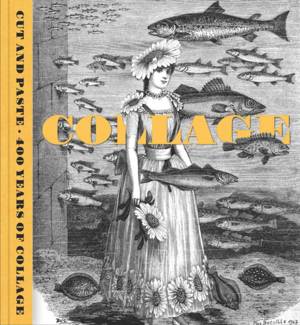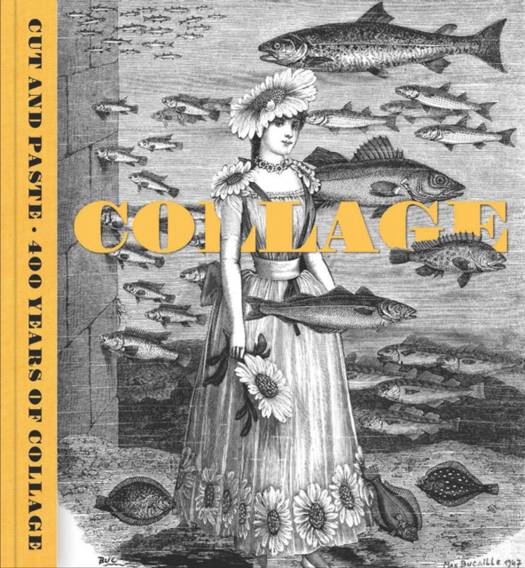
- Retrait gratuit dans votre magasin Club
- 7.000.000 titres dans notre catalogue
- Payer en toute sécurité
- Toujours un magasin près de chez vous
- Retrait gratuit dans votre magasin Club
- 7.000.0000 titres dans notre catalogue
- Payer en toute sécurité
- Toujours un magasin près de chez vous
Cut and Paste
400 Years of Collage
Patrick Elliott, Freya Gowrley, Yuval EtgarDescription
- There are no other books available on this important subject
- This is the only book that looks closely not only at recent times but also at the early centuries of collage
- Collage is popular, fascinating and historically revealing
- Accompanied an exhibition at the National Gallery of Modern Art in Edinburgh from June to October 2019
Collage is one of the most popular and pervasive of all art-forms, yet this is the first historical survey book ever published on the subject.
Featuring over 200 works, ranging from the 1500s to the present day, it offers an entirely new approach. Hitherto, collage has been presented as a twentieth-century phenomenon, linked in particular to Pablo Picasso and Cubism in the years just before the First World War. In Cut and Paste: 400 Years of Collage, we trace its origins back to books and prints of the 1500s, through to the boom in popularity of scrapbooks and do-it-yourself collage during the Victorian period, and then through Cubism, Futurism, Dada and Surrealism. Collage became the technique of choice in the 1960s and 1970s for anti-establishment protest, and in the present day is used by millions of us through digital devices. The definition of collage employed here is a broad one, encompassing cut-and-pasted paper, photography, patchwork, film and digital technology and ranging from work by professionals to unknown makers, amateurs and children.
Spécifications
Parties prenantes
- Auteur(s) :
- Editeur:
Contenu
- Nombre de pages :
- 184
- Langue:
- Anglais
- Illustré:
- Oui
Caractéristiques
- EAN:
- 9781911054313
- Date de parution :
- 31-08-19
- Format:
- Livre broché
- Format numérique:
- Trade paperback (VS)
- Dimensions :
- 246 mm x 264 mm
- Poids :
- 952 g

Les avis
Nous publions uniquement les avis qui respectent les conditions requises. Consultez nos conditions pour les avis.






